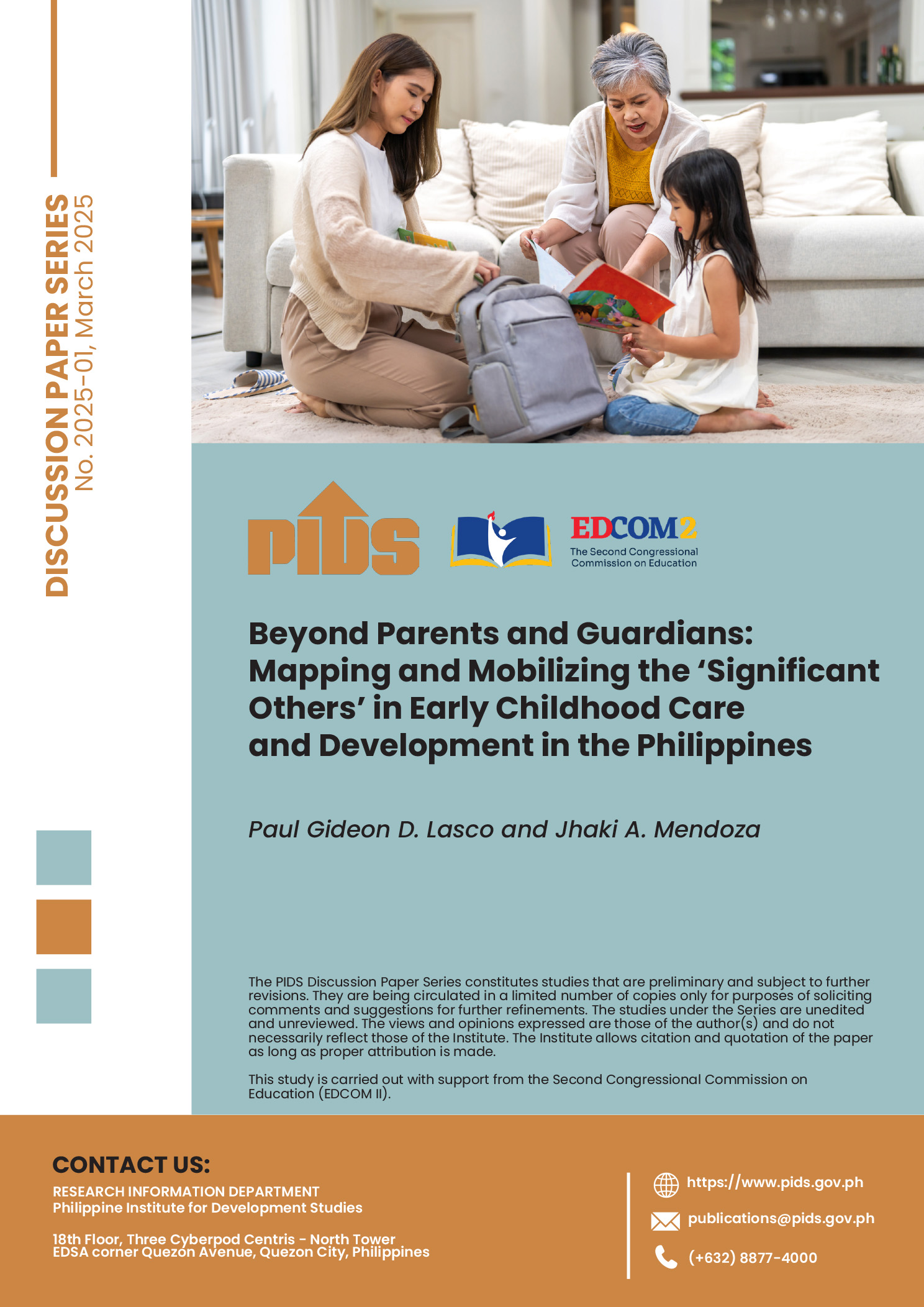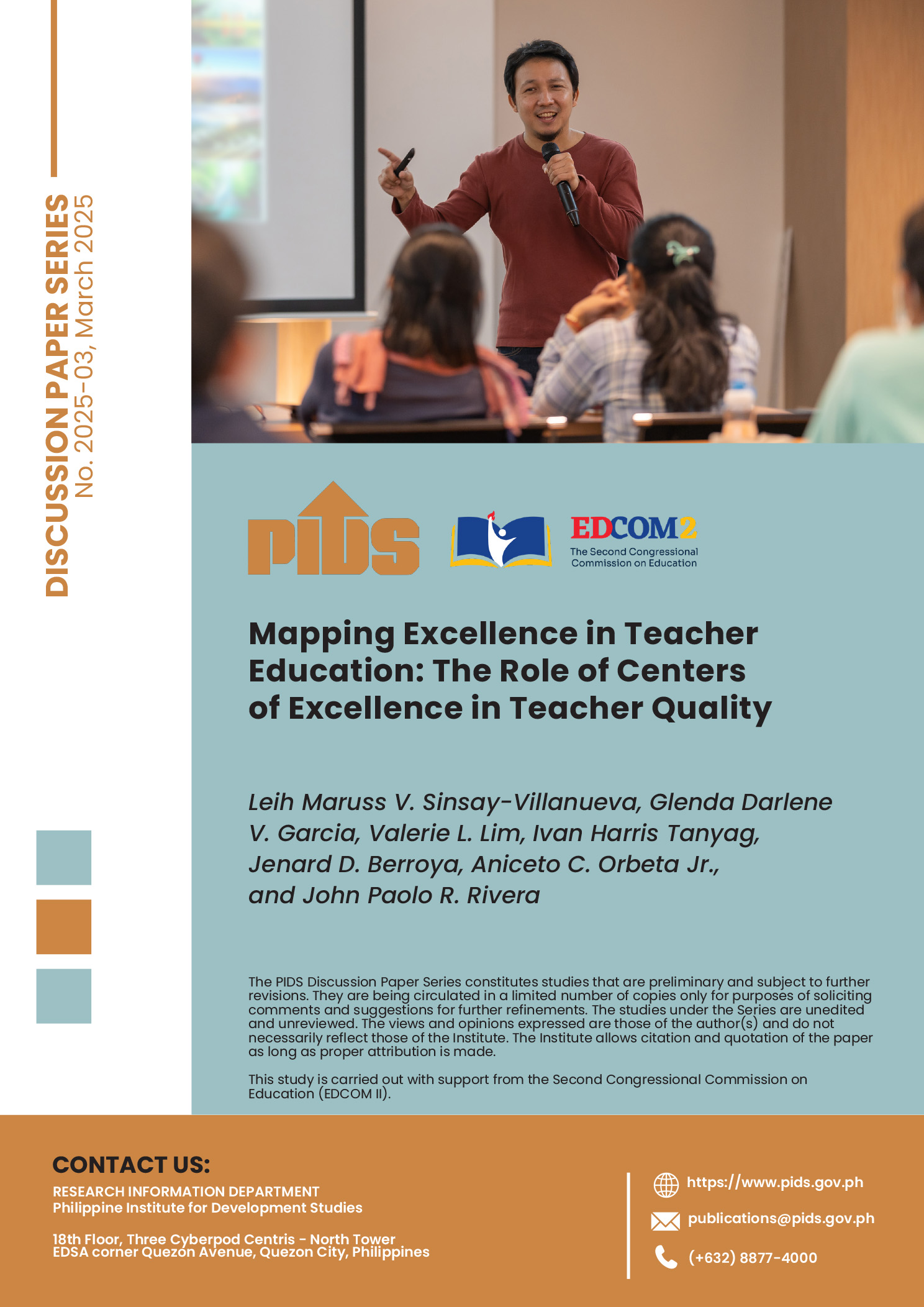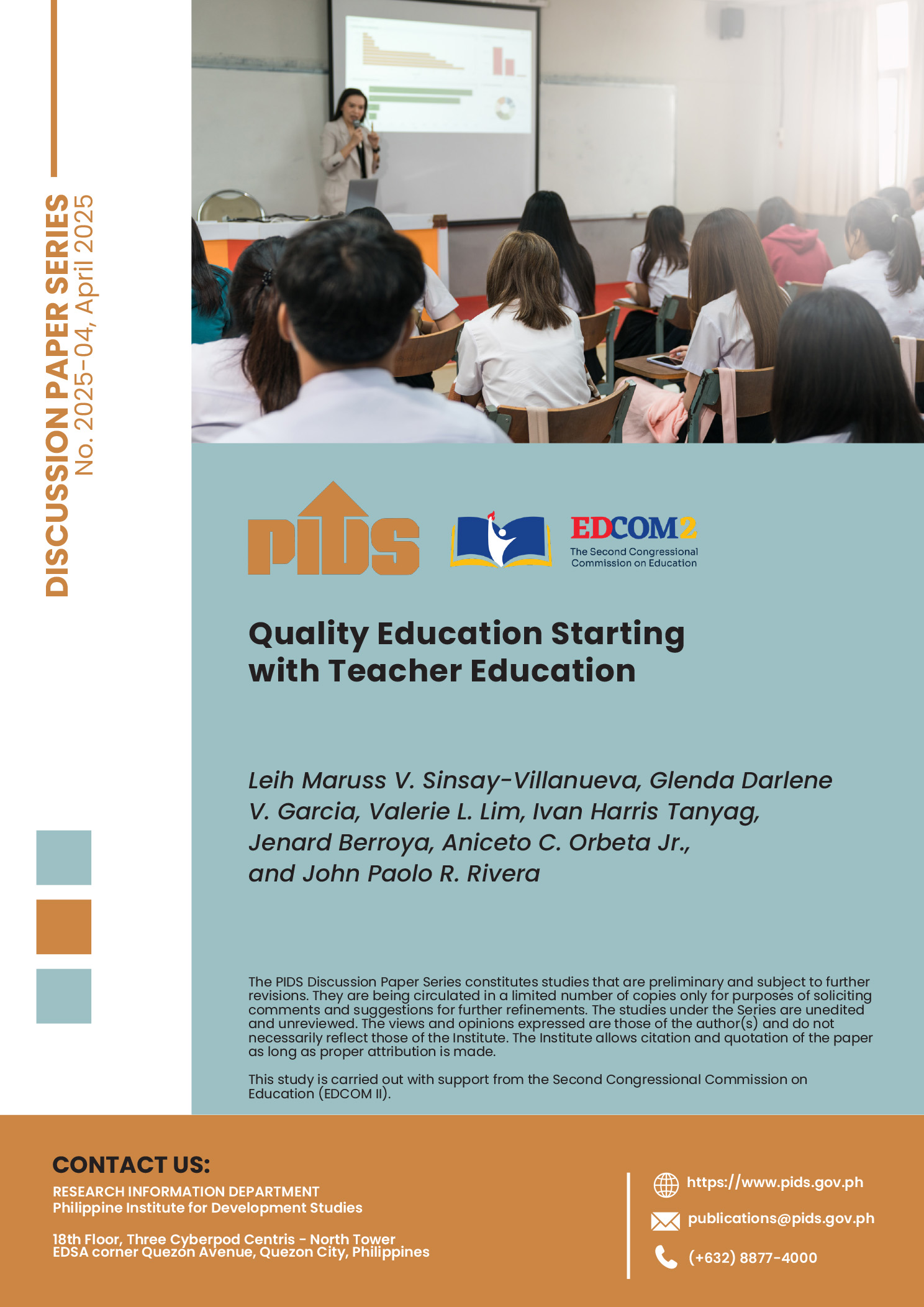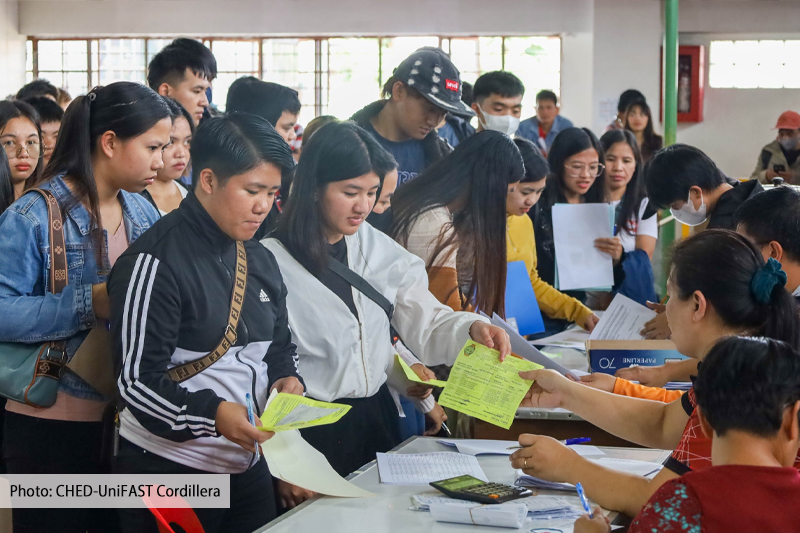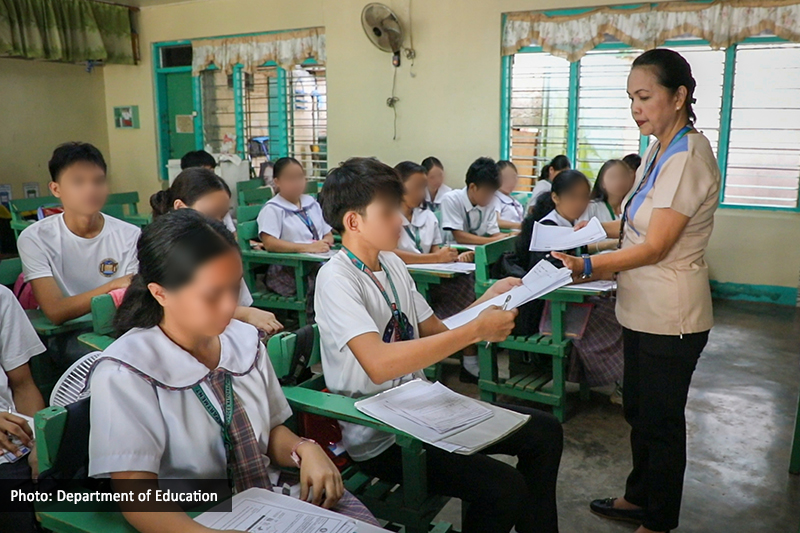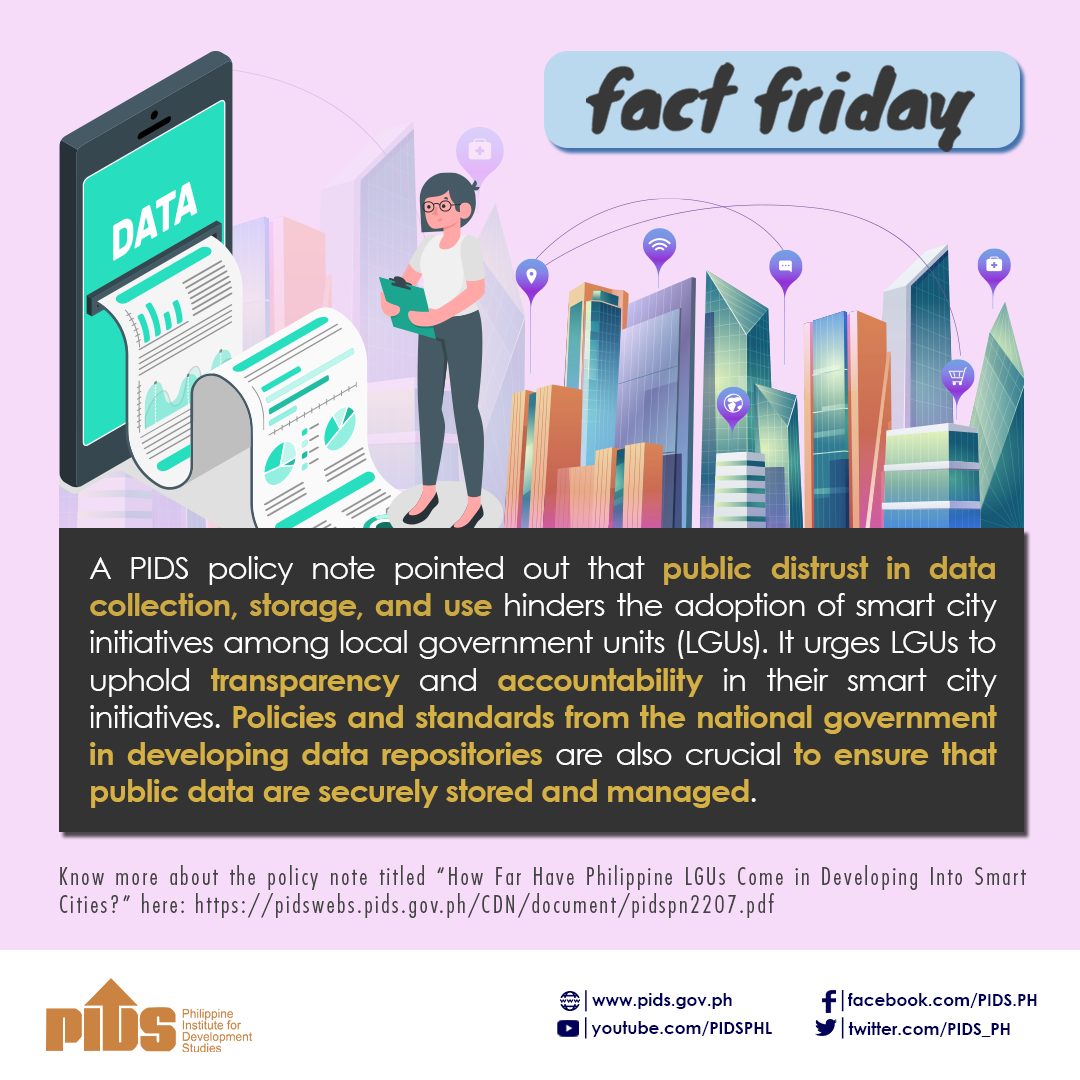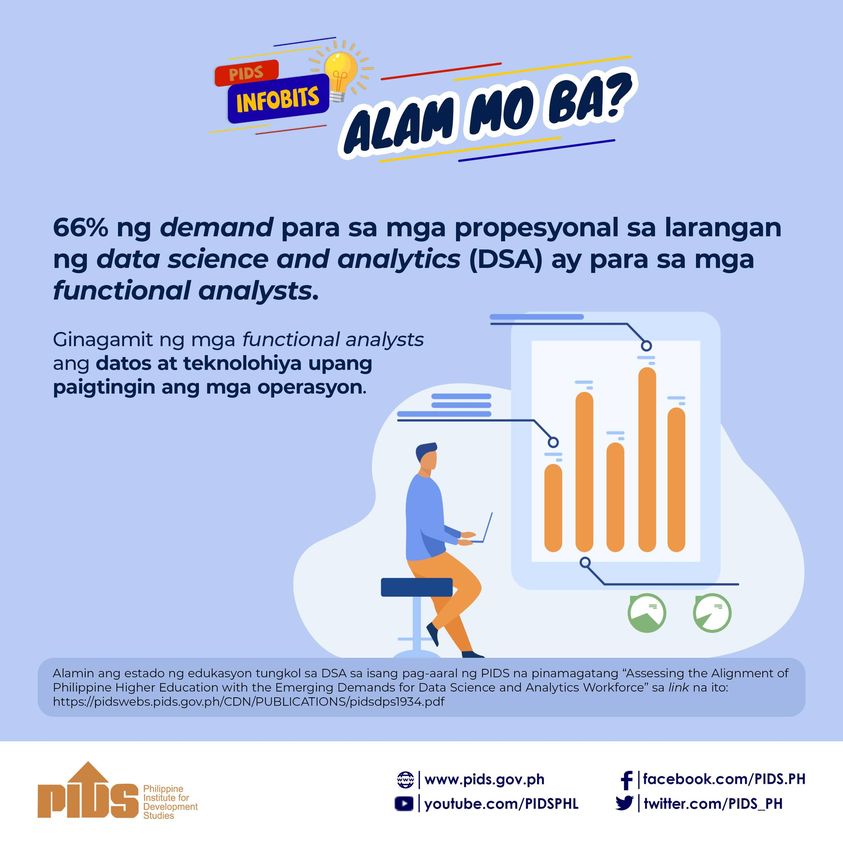The Asian Institute of Management (AIM) on Monday said it is now training future data scientists, technopreneurs, and business leaders in its double-degree undergraduate program.
“We have to upskill and reskill a huge workforce,” Jikyeong Kang, AIM dean and president, said in an interview with BusinessWorld.
“Most, if not all, data science programs tend to go really deep into domain knowledge but don’t necessarily connect to the business side,” she added.
During its convocation on Monday, AIM welcomed the initial 51 students into its double-degree program: Bachelor of Science in Data Science and Business Administration (BSDSBA) and Bachelor of Business Administration Major in Management Information Systems (BBAMIS).
“We are not only educating and training programmers but also producing industry leaders,” remarked the AIM president, emphasizing that future graduates will play an integral role in intricate business solution processes.
According to a study by the Philippine Institute for Development Studies (PIDS), data regarding the demand for the data science and analytics (DSA) workforce is limited due to the emerging nature of the field. The APEC Human Resource Development Working Group reported a 131% increase in the local demand for DSA workers, rising from 147,420 in 2016 to 340,880 in 2022.
“There is a misalignment between the demand and the supply of DSA workforce in the country,” the study said on its findings. “There were DSA competencies that were poorly supplied by DSA-related undergraduate programs.”
The study noted that establishing a shared understanding of the DSA profession can aid in aligning supply and demand, ultimately contributing to the industry’s growth. This should be coupled with fostering connections between the government, industry, and academia to expand the current local DSA workforce market.
The BSDSBA-BBAMIS program holds a transnational curriculum with a fusion of business and technology disciplines, where students can study data science use cases and real world data sets for strategic business perspectives, Michelle P. Banawan, academic program director at AIM, noted.
“We hope this program would somehow address the labor market challenge of a lacking talent pool with high demand,” Ms. Banawan said. “It is pushing theoretical into a more practical perspective for students in response to the demand for data professionals.”
AIM said that the program serves as a solution to meet forthcoming demands in commerce and enterprise, given the rapid pace of technological advancements and the escalating adoption of digital transformation in the economy.
“I think everybody needs to be aware of AI and technical tools available to make sure what can be automated can be done in the most efficient manner,” Ms. Kang said on including specialized subjects on artificial intelligence and machine learning in the program curriculum.
The program is jointly delivered by AIM’s Aboitiz School of Innovation, Technology, and Entrepreneurship (ASITE) and the University of Houston’s (UH) C.T. Bauer College of Business with a pioneering batch of 31 male and 20 female students set to graduate in 2027.
Students have the opportunity to spend a year or two at the UH campus in Houston through a 12-month or 24-month visa and additional fees on top of the $13,500 annual tuition (roughly P775,000+). They can also pursue optional practical training in the US after graduation.
“We want to elevate the skillset of talent we give to business industries in the Philippines and across the globe,” Ms. Banawan said.

